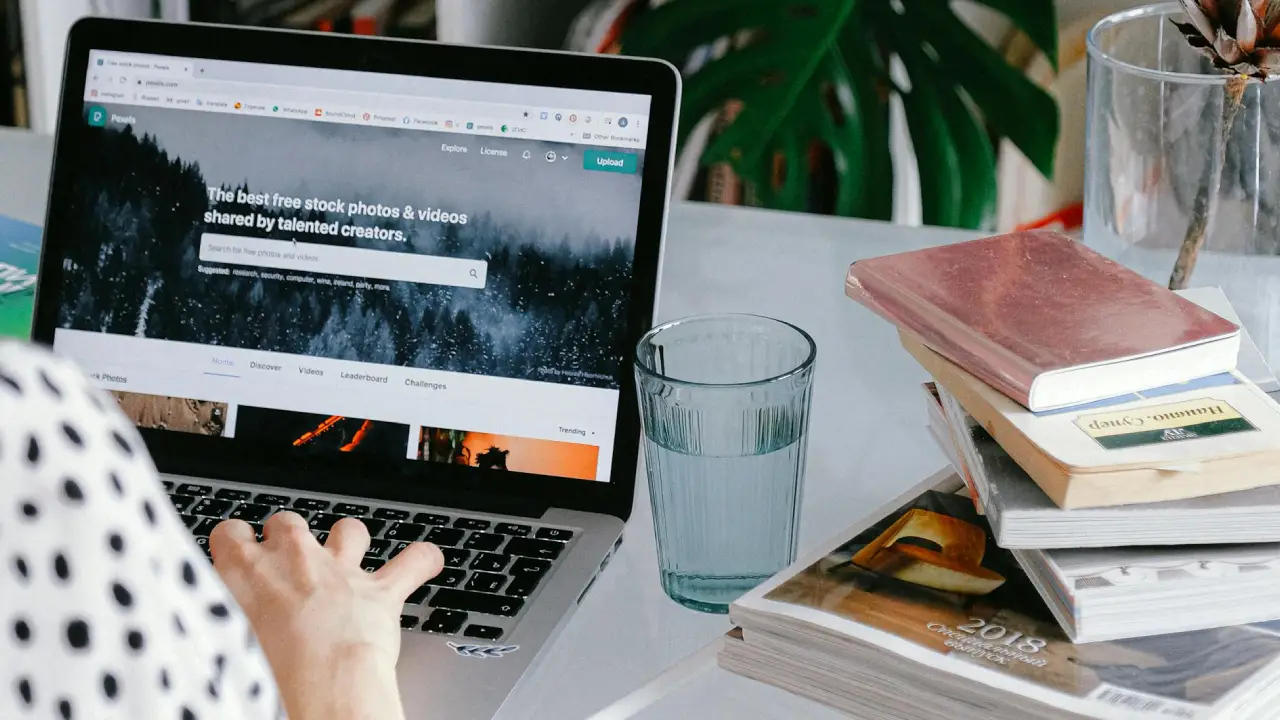A personal online book library is a treasure trove for book lovers. It offers convenience, organization, and access to your favorite reads from anywhere. Whether you’re a casual reader or a passionate bibliophile, setting up a virtual library ensures your books are always within reach. Let’s dive into creating your personalized online book library, step by step.
Why Create a Personal Online Book Library?
Imagine having every book you love at your fingertips, categorized and easily searchable. With an online library, you no longer need to remember where you kept a book or fret about borrowing limits from physical libraries. It’s a space tailored to your preferences.
For example, Ravi, an avid reader from Delhi, started his digital book collection during the lockdown. It transformed his reading habit, letting him explore genres and authors effortlessly. Now, he shares his collection with friends, turning it into a mini community.
Steps to Build Your Online Book Library
1. Choose the Right Platform
Start by selecting a platform that fits your needs. Popular platforms include:
Google Books: Syncs easily with your Google account and allows you to upload PDFs and eBooks.
Goodreads: Ideal for cataloging, tracking reading progress, and connecting with other readers.
Amazon Kindle Library: Perfect for Kindle users who want a seamless reading experience.
Calibre: A free and open-source software for managing eBooks locally.
Each platform has unique features. If you prefer flexibility, Calibre might be your best bet. For readers who value community interaction, Goodreads shines.
2. Organize Your Collection
An organized library makes book searching a breeze. Use categories such as:
Genres: Fiction, Non-fiction, Mystery, Self-help, etc.
Authors: Alphabetical sorting can save time.
Reading Status: To-read, Reading, Completed.
For instance, Neha, a teacher from Mumbai, uses Goodreads to categorize her books into “Teaching Resources,” “Poetry,” and “Classic Literature.” This categorization saves her hours of searching.
3. Digitize Your Physical Books
If you already own physical books, digitizing them is an excellent way to expand your library. Use a scanner or a mobile app like CamScanner to create PDFs of your books. Ensure to save these files in a cloud storage solution like Google Drive for easy access.
A story that resonates here is of Arjun, a writer in Bangalore, who scanned all his childhood comics. Now, he relives his memories without worrying about paper deterioration.
4. Download Free eBooks Legally
A personal library doesn’t have to break the bank. Explore websites offering free eBooks legally:
Project Gutenberg: Thousands of classic books in the public domain.
Open Library: Offers books for borrowing with a free account.
Google Play Books: Free and discounted options available.
These platforms cater to diverse tastes, from historical novels to contemporary stories.
5. Create Backups
Losing a digital library can be heartbreaking. Always have a backup plan. Use services like Google Drive, Dropbox, or an external hard drive to store copies of your files. Set reminders to update these backups regularly.
6. Explore Mobile Apps
A robust mobile app can enhance your library experience. Popular apps like Kindle, Kobo, and Libby let you read on the go. Ensure the app you choose syncs across devices for seamless accessibility.
7. Personalize Your Library
Your library should reflect your personality. Add custom tags, write notes on your favorite books, or rate them. For instance, Sonali from Pune includes notes about why she loved a specific book and shares these thoughts with her friends.
8. Keep Your Library Updated
Building a personal online library is a continuous process. Regularly add new books, remove duplicates, and update tags. Following book blogs or subscription services like BookBub can help you discover fresh content.
Benefits of an Online Book Library
A personal online library offers unmatched benefits:
Convenience: Access your books anytime, anywhere.
Cost-Effective: Many resources are free or budget-friendly.
Eco-Friendly: Save paper by going digital.
Community Engagement: Share your library with friends or book clubs.
For example, Ajay from Jaipur frequently hosts virtual reading sessions using his online library, connecting with friends from across India.
Real-Life Tips for Maintaining Your Library
Set Reading Goals: Track your reading progress using apps.
Join Online Book Clubs: Platforms like Goodreads have active communities.
Explore Audiobooks: Platforms like Audible let you enjoy books while multitasking.
Common Mistakes to Avoid
Overloading the Library: Quality matters more than quantity.
Ignoring Updates: Outdated libraries can become a hassle.
Not Using Tags: Tags make books easier to find.
What are your thoughts on creating a personal online book library? Share your journey or ask questions in the comments below. Let’s build a community of readers together!





